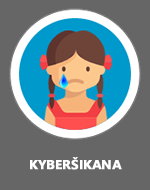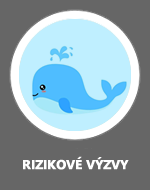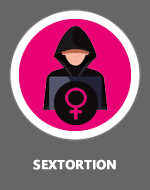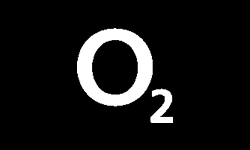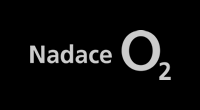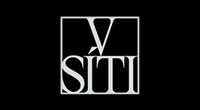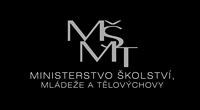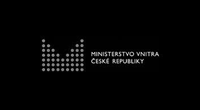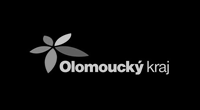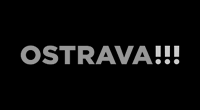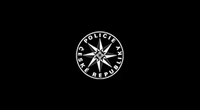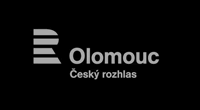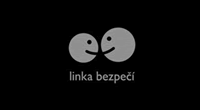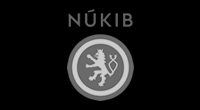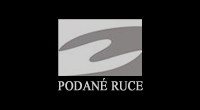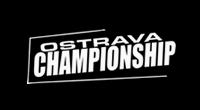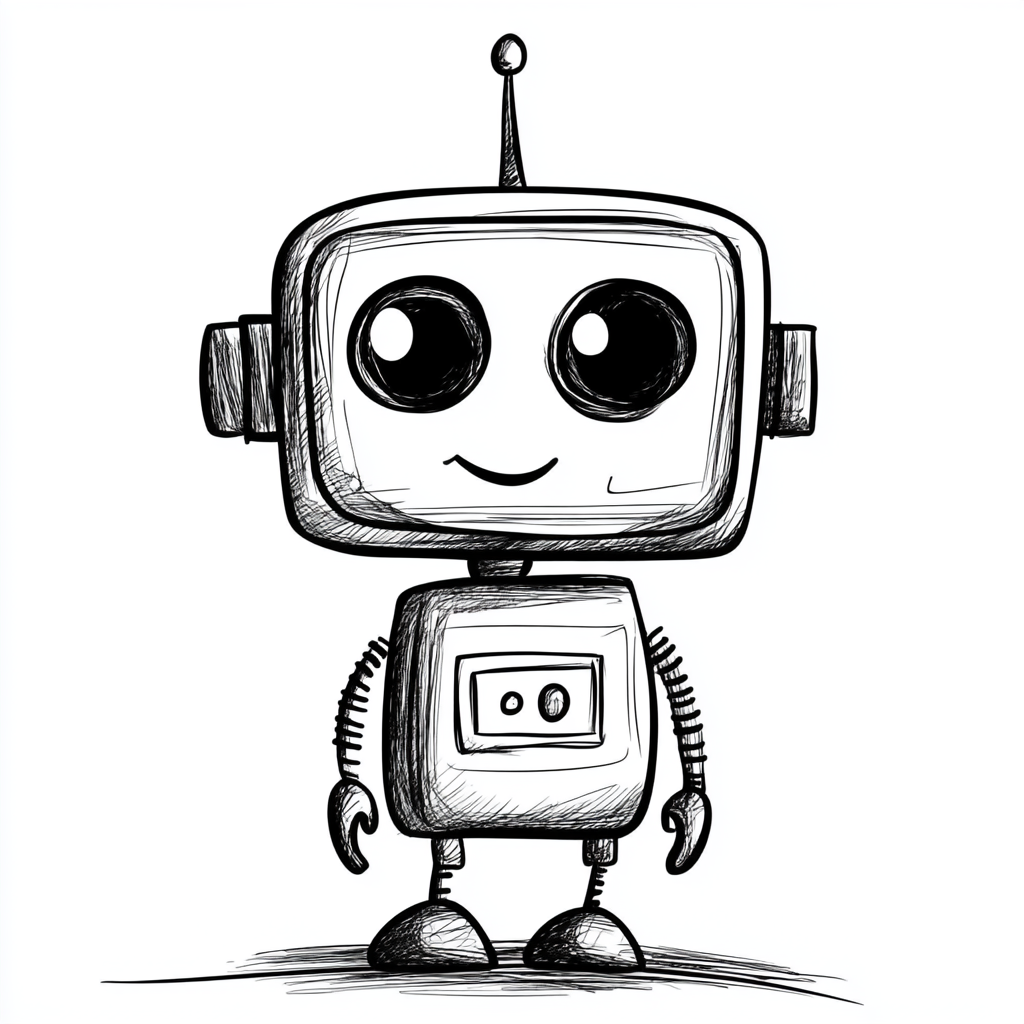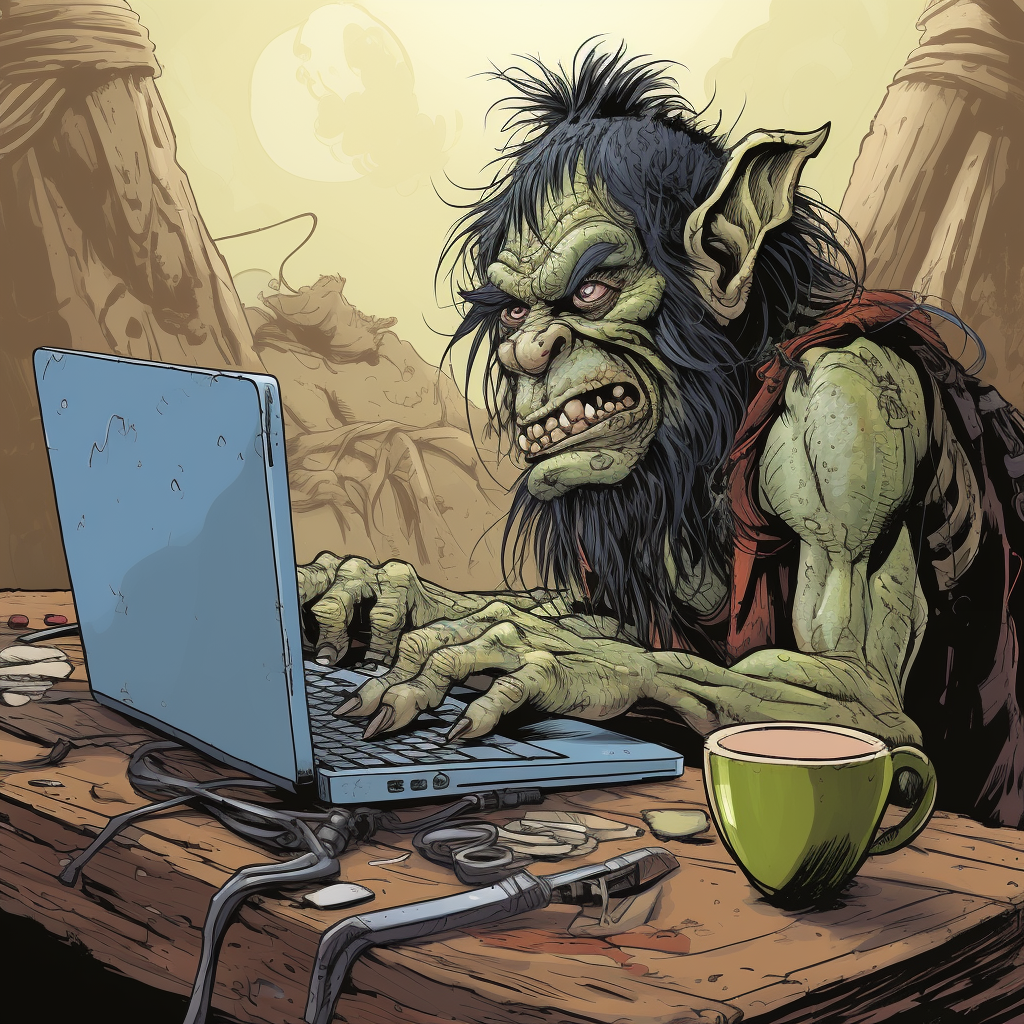 In the digital age, where social media and online discussions play a crucial role in shaping public opinion, terms like "troll" and "troll farm" have become a common part of our vocabulary. Troll farms are organizations or groups that coordinate the spread of disinformation and manipulate online discussions to achieve political, economic, or social goals. In today's article, we summarize how they work and why they are dangerous.
In the digital age, where social media and online discussions play a crucial role in shaping public opinion, terms like "troll" and "troll farm" have become a common part of our vocabulary. Troll farms are organizations or groups that coordinate the spread of disinformation and manipulate online discussions to achieve political, economic, or social goals. In today's article, we summarize how they work and why they are dangerous.
What Are Troll Farms
A troll farm is a group of individuals who coordinately create and spread content on the internet to influence public opinion or harm certain entities. These individuals, often called "trolls," use social networks, discussion forums, comment sections of news websites, and other online platforms to spread disinformation, provocative comments, and fake news.
How Troll Farms Operate
A. Organization and Structure
Troll farms can be organized at various levels, from informal groups to professional organizations funded by governments or private entities. Many of these farms operate like standard companies with employees who have clearly defined tasks and goals. Some troll farms also operate like religious sects (e.g., AllatRa).
B. Tactics and Strategies
Troll farms use a wide range of tactics and strategies to achieve their goals. These methods include spreading disinformation, creating fake support, provoking online arguments, and obtaining sensitive information. The following overview shows how troll farms manipulate public opinion and destabilize society:
Disinformation: Spreading false information to confuse or influence public opinion. This often involves fake news or distorted information.
Astroturfing: Creating a false impression that a particular opinion or viewpoint has widespread public support. This is achieved using fake accounts and automated bots.
Trolling: Provoking and initiating arguments in online discussions. This diverts attention from the core of the debate and polarizes public opinion.
Phishing and Hacking: Some troll farms may focus on obtaining sensitive information through phishing or hacking accounts to gain compromising materials or access to other accounts.
C. Bots, AI, Automated Technologies
Troll farms often use advanced technologies, including automated bots, artificial intelligence, and algorithms for analyzing and spreading content. Bots are programs that can automatically create and share content, allowing massive and rapid dissemination of disinformation.
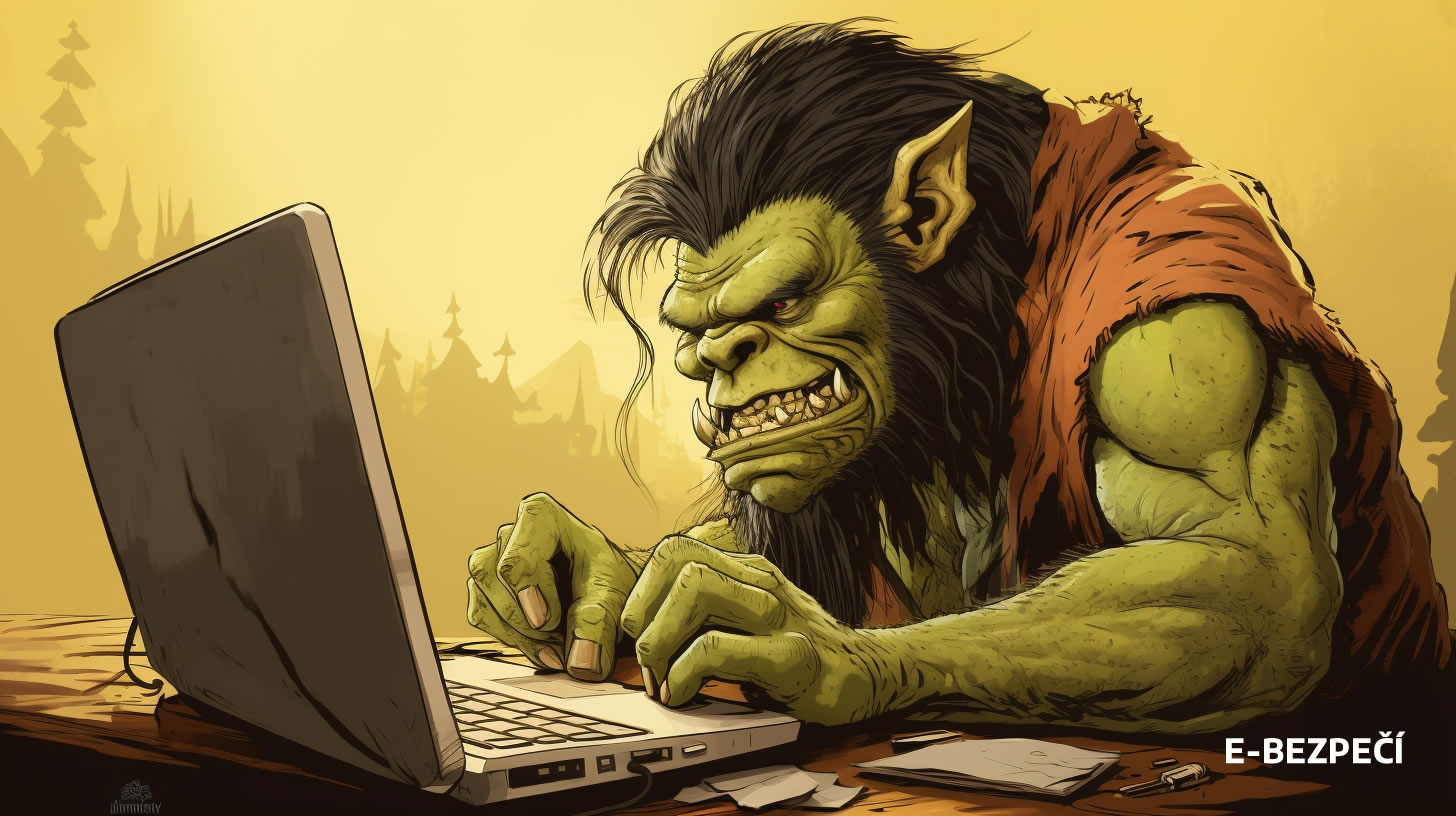
Troll Farm: Internet Research Agency (IRA)
One of the most well-known examples of a troll farm is the Russian organization known as the Internet Research Agency (IRA). This organization, based in St. Petersburg, became known for its influence on the 2016 U.S. presidential election. According to a report by investigator Robert Mueller, the IRA aimed to influence public opinion through social media, creating thousands of fake accounts on platforms like Facebook, Twitter, and Instagram. These "trolls" spread disinformation and provoked political and social tension in the U.S.
Impact on Society
Troll farms can significantly influence political processes, such as elections or referenda, by manipulating public opinion and spreading disinformation. An example is Russian interference in the 2016 U.S. presidential election, where IRA trolls spread content supporting candidate Donald Trump and discrediting his opponent, Hillary Clinton.
China has an extensive network of trolls known as the "fifty-cent army". These trolls are often hired to suppress critics of the Chinese government on platforms like Weibo and to spread pro-Beijing narratives. An example is the attack on a Tibetan activist who was the target of massive hate comments on Instagram.
In the Philippines, troll farms have been actively used during election campaigns. These trolls are hired by political parties to manipulate political discourse and influence public opinion. Troll farm workers use fake profiles and infiltrate social groups to spread disinformation and stir emotions among users.
The spread of disinformation and provocative comments can lead to polarization of society, an increase in hatred and distrust between different groups of the population. This can cause social instability and disrupt social cohesion.
Disinformation can damage the reputation of companies or individuals, which can have economic consequences, such as a decline in stock prices or loss of customers. Troll farms can also be used for industrial espionage and sabotage.
Conclusion
Troll farms represent a serious threat to democratic processes, social stability, and economic security. Their activities undermine trust in public institutions and the media, making it harder for people to distinguish between truth and lies. Combating troll farms requires coordinated efforts by governments, technology companies, media, and civil society. Raising awareness about this phenomenon and developing critical thinking among internet users are key steps to protecting against this danger.
For E-Bezpečí
Kamil Kopecký
Palacký University in Olomouc
in cooperation with AI
Sources
Sixty percent reality, the rest propaganda. With Prigozhin ended his troll farm as well
Russian troll farm likely still active in the Czech Republic
How Troll Farms Operate on the Internet
The New York Times: Internet Research Agency
BBC News: Russia’s 'troll farm'
```


